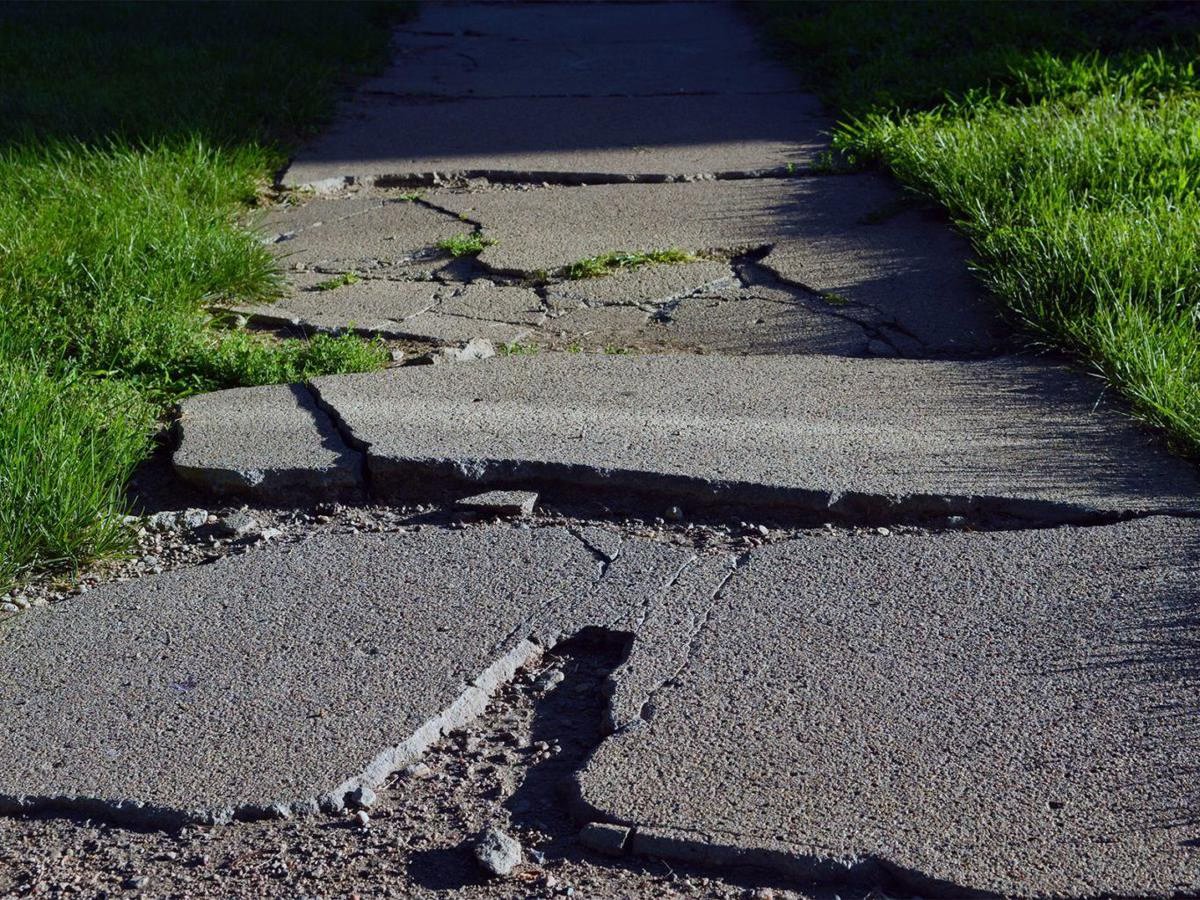
A year or two ago, walking on Rosemead Blvd. near our home in east Pasadena, I came across a man lying on the sidewalk and behaving badly. Rushing past, I stopped a half-block along, knowing I had to do something. I feared someone else, perhaps a child, would come around the corner and see. I thought of calling 911. But he was a person of color. I worried he wouldn’t be safe if sheriff’s deputies responded. So I went back and told him that if he kept on like that, he’d end up in jail. I said I would give him $20 if he would pull himself together and head down the street.
He did, leaving me with my shame. I was ashamed for him. I was ashamed that my revulsion at his behavior preceded my compassion for a sibling who was almost certainly suffering from mental illness. I was ashamed that I couldn’t trust law enforcement to evince the kindness and expertise the situation required and get him the care he needed. I was ashamed I hadn’t done more. I could’ve walked a block or two with him to make sure he was safe a little longer. For a moment, my sense of vocation tasted like dust, gritty and sour.
Yesterday on Ash Wednesday, reminding us that we are all but dust, the church invited the body of the faithful to renew their repentance and faith and ponder the preciousness of life and the inextricability of the ties of human community. At least this is how I read the commission that begins most Ash Wednesday services. Beginning this week and continuing through Lent, members of The Bishop’s Commission on Gospel Justice and Community Care will offer reflections about our ministry together since the fall of 2020, when we first convened in the aftermath of the murder of George Floyd. Each time we meet, keeping our neighbors in community safe informs every agenda item and conversation.
Although I don’t recall sharing my story before, it resonates with the commission’s work, including mental health first aid training and our support for state and federal legislation to give local law enforcement the resources it needs for expert, non-armed response when those who are unwell are acting out on the streets. I give thanks for all that the commission has done under the leadership of its founding chair, Sister Patricia Scott Terry. And yet with all that, next time, it will be up to me and me alone to be better prepared to walk just a few steps down the road with my sibling in need.
